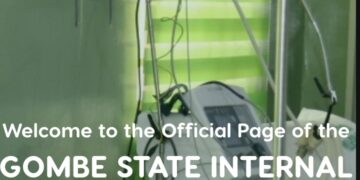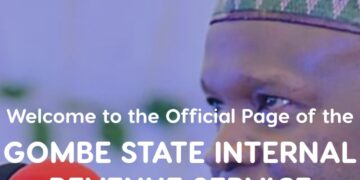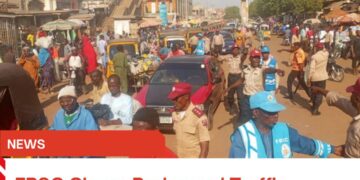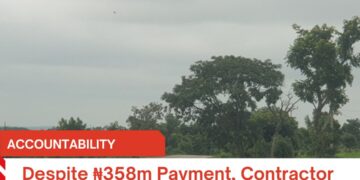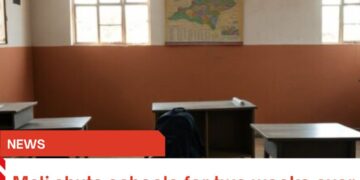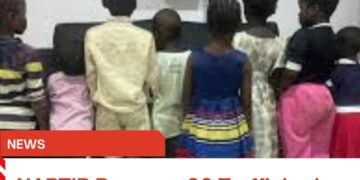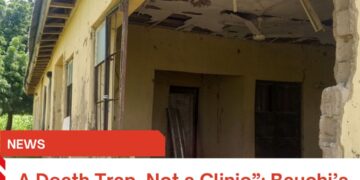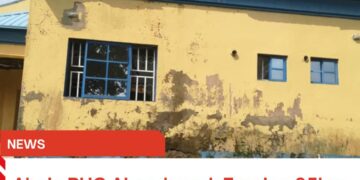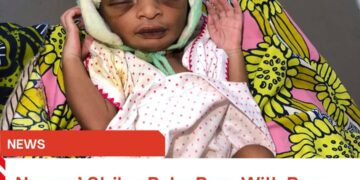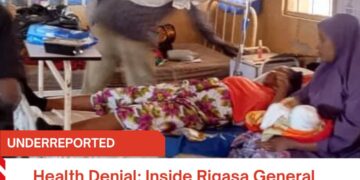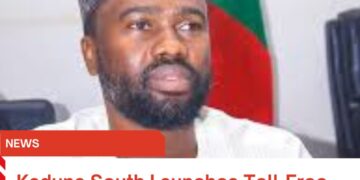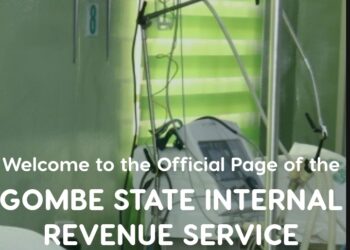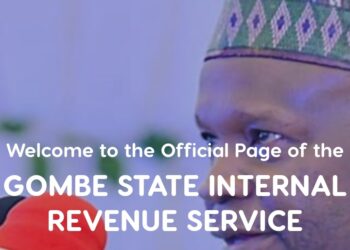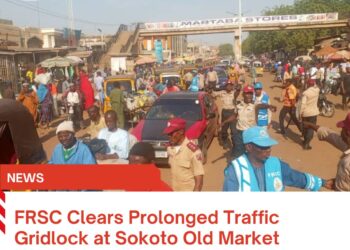The monthly Climate Hangout, organized by the Climate Change and Environment Desk at the Interfaith Mediation Center (IMC), in collaboration with the African Climate Reporters (ACR) and the Kaduna State Government’s Office on Climate Change, brought together a diverse group of stakeholders. Participants included scientists, geologists, environmental journalists, civil society organizations, NGOs, traditional leaders, and religious figures, who gathered to address the critical issues of climate change and insecurity affecting the 19 northern states of Nigeria.
In his speech, Mr. Abel John Bassa, a criminologist and security expert, emphasized the severe impact of climate change and insecurity in northern Nigeria. He noted that these challenges are damaging key sectors such as agriculture, education, tourism, and healthcare. Bassa highlighted that flooding, in particular, has disproportionately affected displaced communities and those with limited mobility, leaving children and youth especially vulnerable to both environmental disasters and resulting marginalization.
Bassa further explained that environmental degradation and climate change are exacerbating economic inequalities, a key driver of growing insecurity.
He pointed out that recurring floods are destroying farmland, undermining livelihoods, and leading to the extinction of forests, animal migration, and forced displacement of indigenous communities.
To address these crises, Bassa called for strategies that recognize the rights of displaced children and youth and prioritize their social, economic, and political needs.
He stressed that such approaches would amplify their voices and help build a more secure future for Nigeria.
He also advocated for:
Stopping construction on flood-prone areas and waterways.
Halting deforestation and promoting tree planting.
Transitioning to electric vehicles, solar energy, and wind power as alternatives to fossil fuels.
Enforcing environmental laws more strictly.
Government agencies providing both short- and long-term assistance to affected communities.
Encouraging residents in vulnerable areas to heed warning signs and evacuate when necessary.
Mr. Samson Auta, national-director of the IMC, noted that the Climate Hangout provides a platform for stakeholders to collaborate and develop strategies to raise awareness about environmental challenges such as desertification, deforestation, global warming, flood disasters, and pollution.
He highlighted past efforts to educate the public about the dangers of improper waste disposal and the need to combat marine pollution.
Similarly, Mallam Hayatu Ashafa, co-national director at the IMC focusing on Islamic matters, emphasized the role of media in spreading religious messages on environmental stewardship.
He pointed out that the Climate Hangouts are fostering greater dialogue between state governments, civil society organizations, and local communities to protect forests and address environmental degradation.
Mallam Yusuf Idris Amoke, Special Assistant to the Kaduna State Governor on Climate Change, called for stronger collaboration between civil society organizations (CSOs) and NGOs to raise awareness about the dangers of toxic waste and improper waste disposal, especially in rivers.
He also addressed the threats to Nigerian forests posed by the charcoal, firewood, and timber industries, urging increased efforts to plant trees to combat desertification and global warming.
Mr. Agada Simon, National President of the Lifeanchor International Development Foundation (LIDF), reaffirmed his organization’s commitment to educating rural and urban communities about the importance of tree planting. He emphasized that deforestation has led to the migration of both plants and animals, underscoring the need for a unified effort to support government initiatives aimed at improving environmental conditions.
This event highlighted the need for a collaborative, unified approach to tackling environmental challenges and ensuring a sustainable and secure future for Nigeria.


